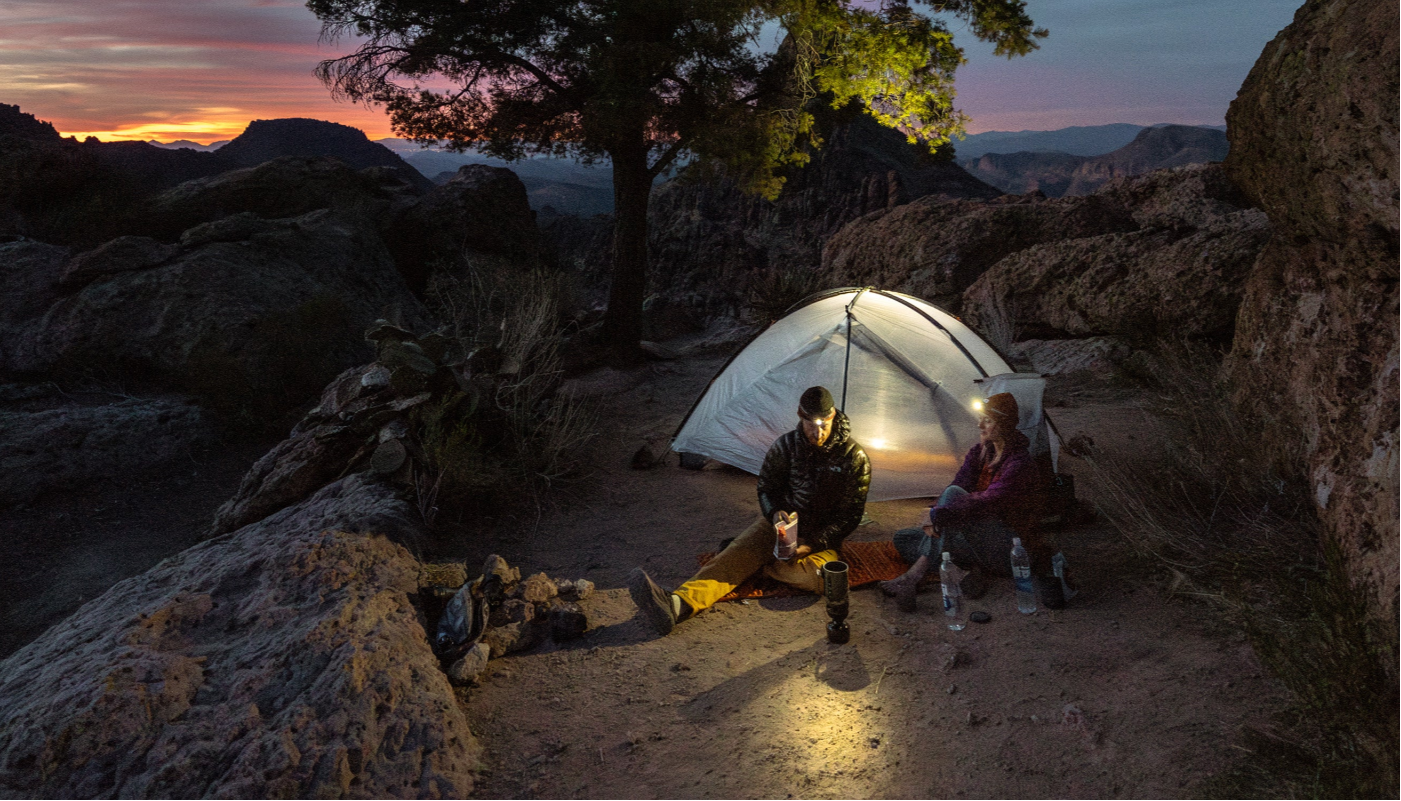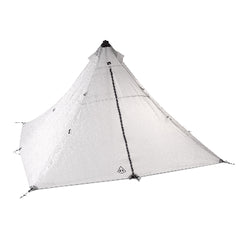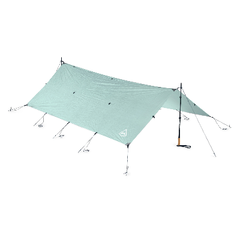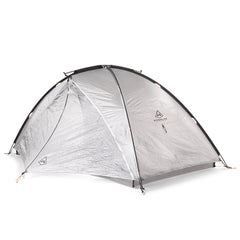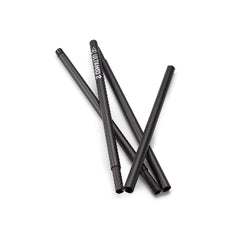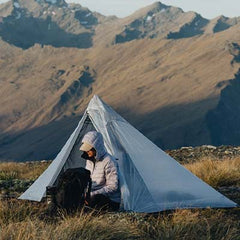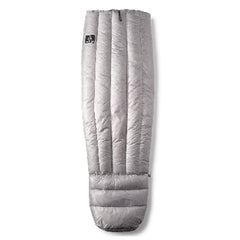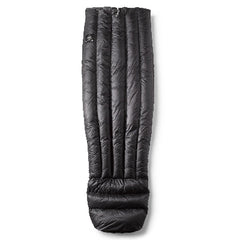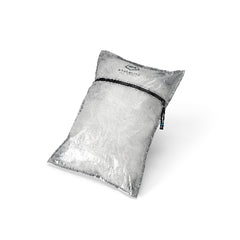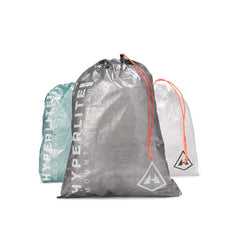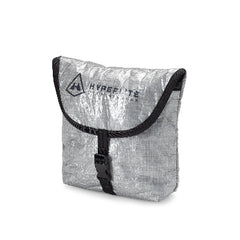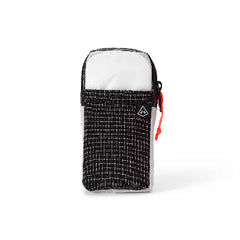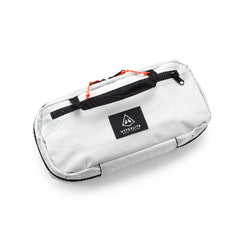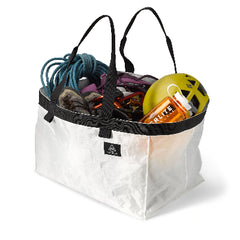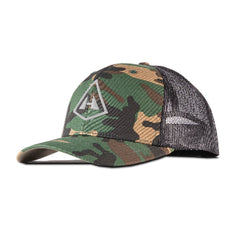This is not a how-to tutorial. However, I wanted to relay some success I had repairing the cork grips on my BD trekking poles.
Recently I was fortunate enough to take in an overnight stay at Horn's Pond along the A.T. while visiting the fine state of Maine. Everything went exceedingly well until the next morning. I lifted the mesh bug netting beneath my tarp to greet the day. My trekking poles were incorporated into my pitch with handles on the ground. Spying one of the grips as I reached for a shoe it was clear that it didn't look right. Before I'd fully shaken my slumber I was aghast to discover both my cork grips had become some critter's salty snack in the wee hours while I sawed logs.
I was so pissed off that I neglected to photograph the carnage. One grip had extensive damage with about 25% eaten down in a row showing the plastic grip shell. The other was marginally better but neither was comfortably functional. I should have known better than to pitch them with handles down, right? Lesson learned. I skipped breakfast, packed quickly, and hit the trail back down ahead of my group. That afforded me five solo miles to interact with the freshly gnawed grips and wonder what, if any, options I had to repair them.
There are some exceptions but most trekking pole brands don't sell replacement handles. That's true for my series of BD poles. A few web searches produced different repairs folks had done with varying results. I landed on one article that discussed making a cork paste to rebuild damaged areas of the grips. I was skeptical that would adhere properly or be durable. However, I had nothing to lose. And if it worked I could skip the bill for new poles.

I cleaned the grips and set them aside to dry. Then I set out creating my cork putty from shredded natural corks of the whisky, wine, etc. variety mixed with wood glue. I used the parmesan side of a box grater and Titebond 3 glue aiming for a wet mixture about the consistency of mayo-rich tuna salad. With a popsicle stick I shoved this putty into the gnawed crevices of the grips building it up intentionally. You can see that particularly on the lower parts of the handles I had to do my best to completely rebuild those ridges. Next I hung the poles and waited. I let my grips cure for eight days before attempting to reshape them. I would have waited longer had I not had a trip planned.

When I do this again I will probably skip the Dremel. It's quick but aggressive. It did cause me to remove some material I'd rather have left. Switching to 150-grit sandpaper got the surface smooth to the touch. The goal was to get things rebuilt without gaps or bumps that could create hot spots.

There you have it. I'll be putting these back on trail this week for four days on the Superior Hiking Trail. Cosmetically they're challenged but the repair seems solid. And most importantly the grips are comfortable in hand. Once my sweat patina is rebuilt I may even forget how badly they were once damaged!
Anyone else had success with repairing trekking pole grips cork or otherwise?

